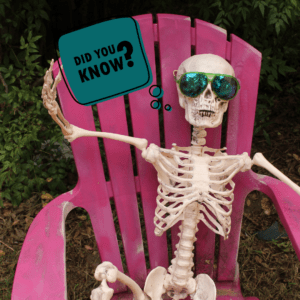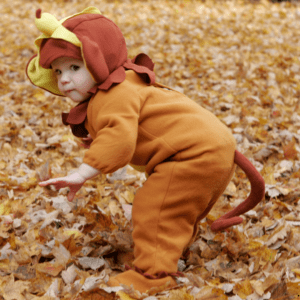Santa often cops a lot of flak for being a little bit on the heavy side but you have to remember that elite athletes come in all shapes and sizes! Year after year Santa trains for and dominates his 24 hour Christmas Eve marathon! Yet, it hasn’t always been easy for Santa and over the years he too has encountered his fair share of aches and pains. So how then does Santa keep himself fit and prepare himself for the silly season?

It’s all in the preparation
Firstly, Santa has a great understanding of training principles and how to prepare himself come Christmas Eve. Throughout the year he practices delivering presents (often reported as UFO’s sightings) over shorter distances in preparation. He uses the 10% principle in that he doesn’t increase his exercise load by more than 10% each week. By doing so he significantly lowers the risk of developing injuries.
The same goes for you! Christmas and New Year’s is a time when a lot of people start exercising more as a part of their new year resolutions. This is a fantastic step towards improving your health! But remember to gradually reintroduce exercise to reduce the likelihood of sustaining injuries. Initially, it is better to do too little than too much as your body adapts.

Keep moving
Similarly, for those who are already training it is important to keep active over the Christmas and New Year period. This doesn’t necessarily have to take the form of structured exercise and can include activities such as swimming, walking or repetitive lifting of that Christmas turkey.
Keep the body moving so that when you return to your training regime your body hasn’t completely deconditioned. This will greatly reduce your chances of injury once you start training again!

Portion control
One thing that Santa does struggle with though is portion control. He knows he probably doesn’t need that 1364th serving of milk and cookies but he simply cannot resist! Although carb loading during this time of year is important for him this is a tad excessive and puts him behind in his preparation for the following year.
The same applies to you! Yes, the silly season is a time to indulge but remember if you aren’t exercising as much as normal and consuming more unhealthy foods you may be on your way to developing a Santa style belly! Choosing smaller portions is one of the ways you can manage this. Limiting your alcohol intake as well as choosing healthy options at the Christmas table is also important.

Be careful Lifting!
Unfortunately, despite the most stringent training programs accidents and injuries still do happen (even to Santa)! A few years ago Santa injured his back a week before Christmas Eve. With some hands-on physiotherapy and some corrective exercises Santa was able to get himself ready for the big day. The assessment by the Physiotherapist revealed that his poor lifting technique may have been the culprit! With some practice using the correct technique his back has never felt better!
The same applies to you. Did you know that over 70,000 individuals in the UK sustained injuries in the 2021 due to lifting, carrying or handling large objects! Over Christmas, if you are travelling or lifting heavy items remember to lift with your legs and keep the back straight. Avoid twisting as you are carrying heavy loads. If something is too heavy it is okay to ask someone to help you out. Many hands make light work!
Watch your posture
In the early years, just like a lot of desk workers Santa would often complain of getting a sore neck and sore shoulders when he rode in his sleigh for long periods. This left Santa feeling quite fatigued and he would often get headaches. Postural issues are a common presentation that can affect a lot of people! If your neck and shoulder troubles you over the festive season your posture may be responsible. Ensuring that you are sitting in a supportive chair and keeping active is the best way to avoid postural aches and pains. Remember to get up and move regularly! This is especially true if you are driving long distances over the festive season. This will not only help ease postural pains but will ensure you stay alert and safe whilst on the roads.
Hopefully this article has given you some tips on staying fit and injury free over the festive season. On behalf of the team at Chiswick Physio we would like to wish you a Merry Christmas and a Happy New Year!
If you would like any information on injury prevention or if you have sustained an injury over the festive season you may benefit from an appointment with a Chiswick Physio. You can BOOK ONLINE now, email us on admin@chiswick-physio.co.uk or call 07900603617 to book an appointment.






